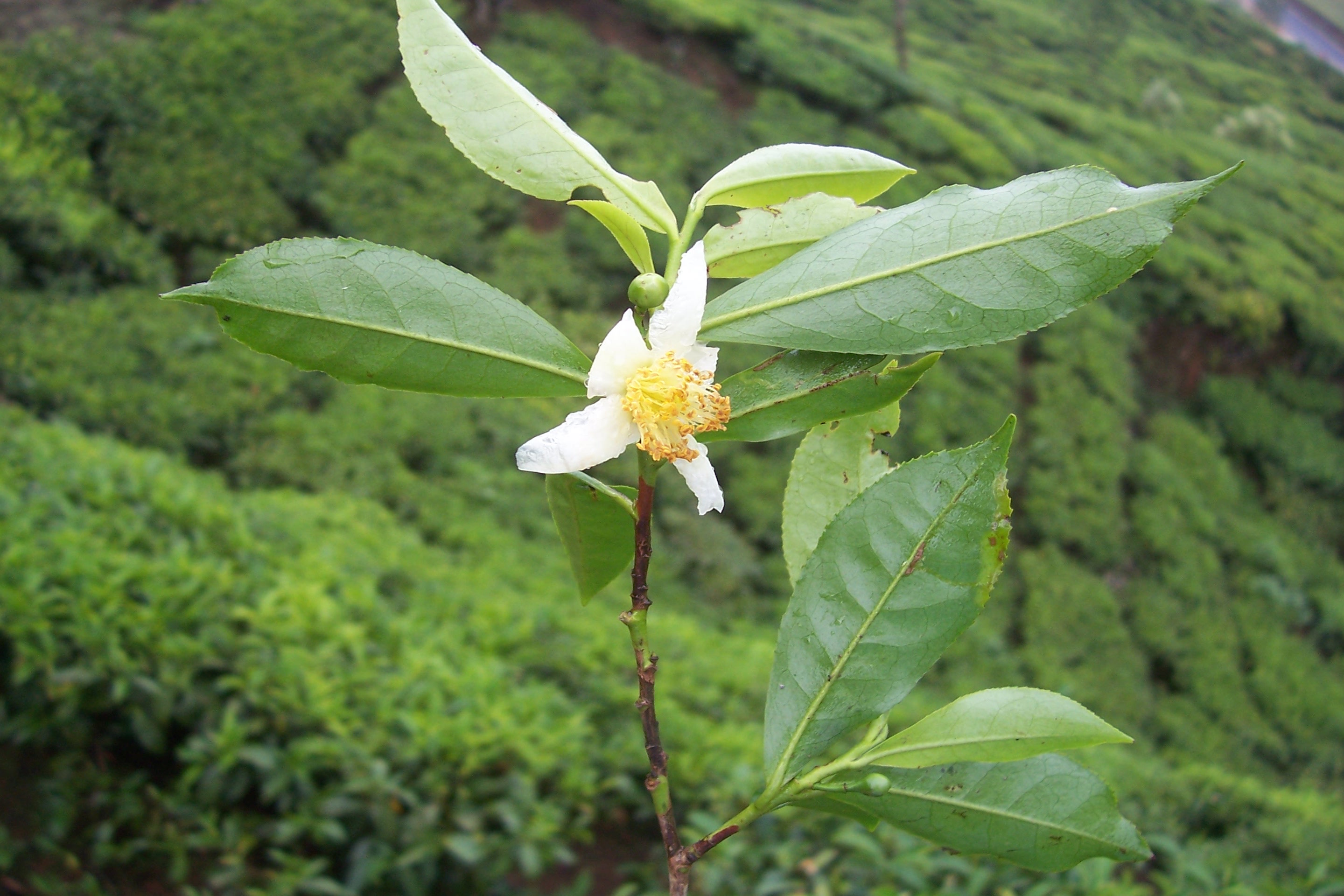A preliminary evaluation of the effects of Camellia sinensis on stroke induced rat model
DOI:
https://doi.org/10.15419/bmrat.v3i11.133Abstract
Introduction: The objectives of current study are to test for Neuroprotective activity of Camellia sinensis in rat model of stroke and to evaluate the effect of Camellia Sinensis as anti-thrombolytic agent and in lowering the impact of disease with the behavioural changes before and after the induction of Stroke.
Methods: Forty male albino rats were subjected to middle cerebral artery occlusion method for induction of stroke. Camellia sinensis extract was administered orally for 21 consecutive days prophylactically. Ischaemic rats administered the same volume of tap water were used as a control group. Functional outcome tests (Pasta, forelimb flexion, cylinder, staircase) were performed. Rats were subjected to surgical procedures after 21 days’ treatment for analysis of stroke recovery.
Results: Treatment with Camellia sinensis extract of 400 mg/kg PO significantly (P=0.000) enhanced neurological recovery in all tests performed. There was no significant difference of infarct volume among the experimental groups treated with Camellia sinensis extract 200 mg/kg PO.
Conclusion: The outcomes of this study was vivid that Camellia sinensis extract is safe and effective mediator in clot dissolution and stroke reversal in rat model. It is the first agent found effective in no behavioural modification or adverse effects using its extract. Therefore, there is a need to evaluate, assess and appraise its desired characteristics and therapeutics in human subjects.

Downloads
Published
Issue
Section
License
Copyright The Author(s) 2017. This article is published with open access by BioMedPress. This article is distributed under the terms of the Creative Commons Attribution License (CC-BY 4.0) which permits any use, distribution, and reproduction in any medium, provided the original author(s) and the source are credited.
